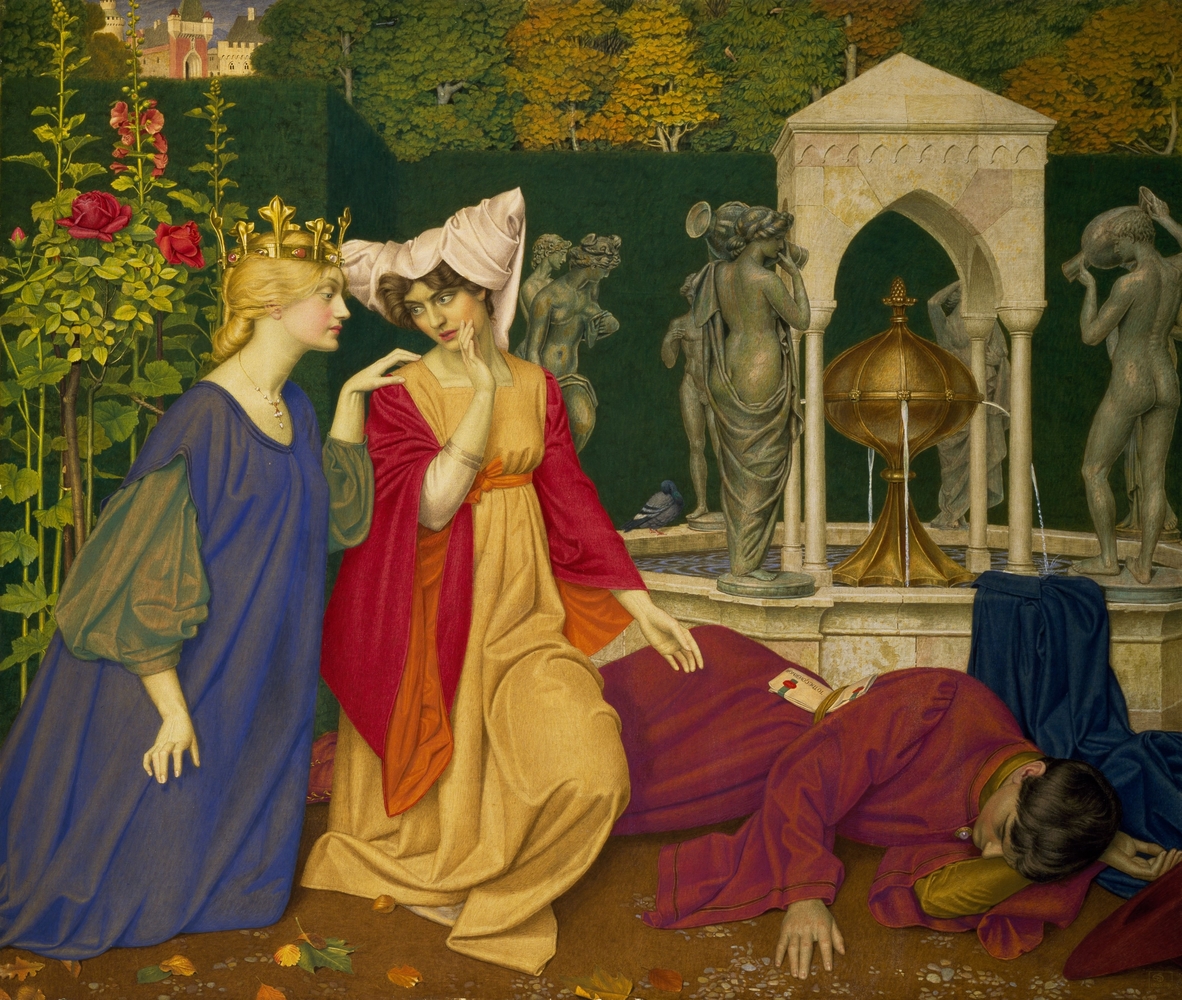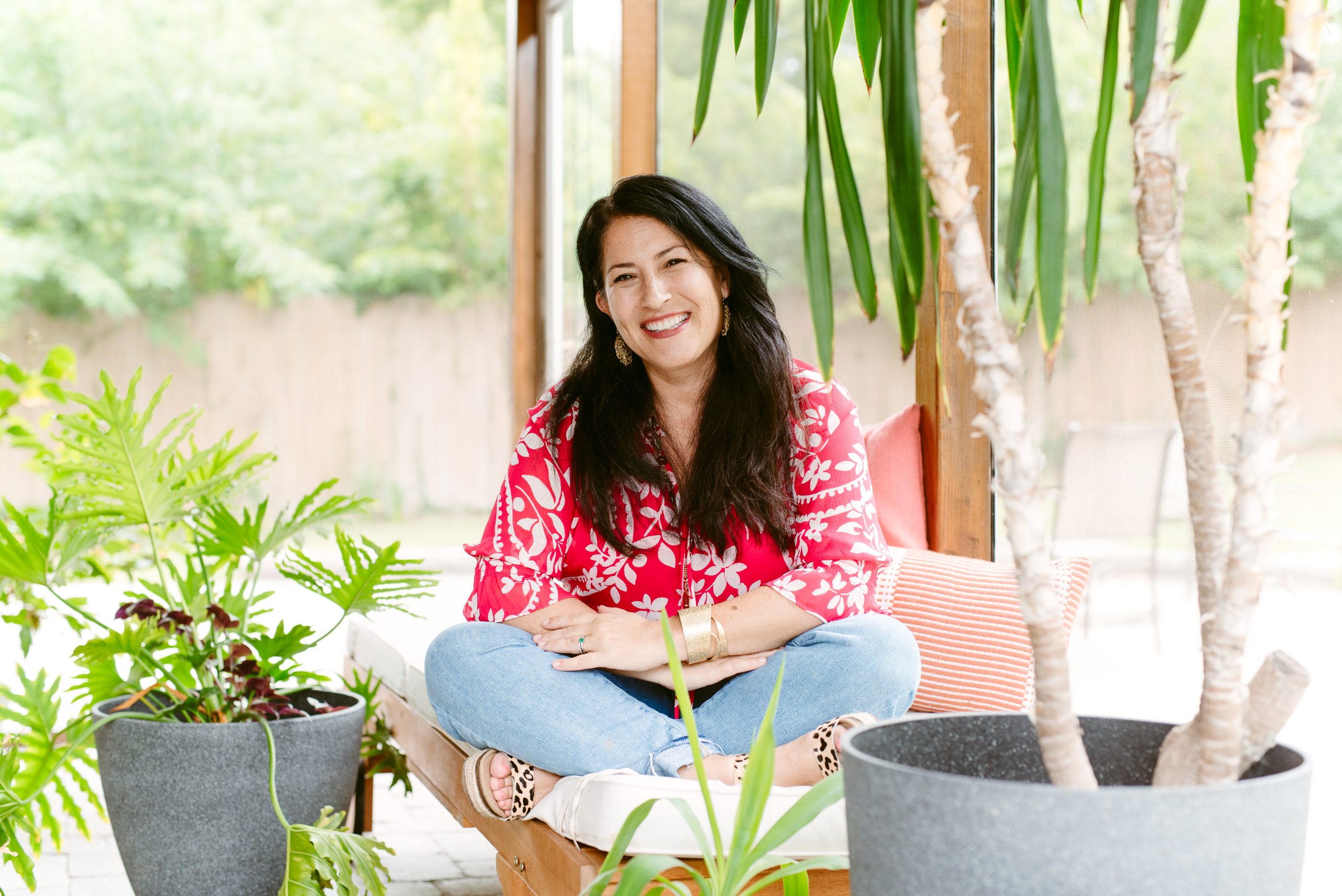Reading Lists
10 Collections By Latinx Poets You Might Have Missed in 2019
Poems that celebrate the multitudes of Latinx identity

Poetry serves to disrupt, to inquire, to interrogate the nature of being. Latinx communities are, more than ever, subverting the narrative that there is a singular expression of Latinidad—an expression that has historically centered the mestizo, largely Mexican experience. Some are even rejecting the label of Latinidad in favor of celebrating other aspects of their identity: queer, indigenous, African, or Carribbean. What it means to be Latinx (still an evolving term) is celebrating the intersections of Latinx cultures with race, class, migration, disability, and access to our own stories.
In a time where Latinx peoples have continued to be made both hyper-visible and invisible by the current administration, it is exciting to see a multitude of Latinx poetic voices interrogating the identities that have been imposed on them and blazing new paths for themselves.
Ugly Music by Diannely Antigua
In her debut collection, Diannely Antigua searches for identity amidst the murkiness of a religiously oppressive adolescence, past traumas, and mental illness.
Heart Like a Window, Mouth Like a Cliff by Sara Borjas
In my interview with poet Sara Borjas, we discussed how her new collection explores being a “pocha” poet, the struggle to feel Mexican enough in the face of stereotypes, and what being Chicana means to her.
The Crazy Bunch by Willie Perdomo
Set in 1990s East Harlem, this collection tells the story of a crew over one summer weekend. Read an interview with Willie Perdomo about storytelling as a bonding agent and recreating a memory about a neighborhood that no longer exists.
Hermosa by Yesika Salgado
Hermosa, the third book in Yesika Salgado’s poetic series, explores how healing allows the poet to find a home within herself. Her previous two collections were about finding love, both familial and romantic, after mistreatment and loss. Hermosa is about the poet contending with her past, her family history, the Salvadoran diaspora, and how this affirms the self she has always hoped for.
While They Sleep (Under the Bed is Another Country) by Raquel Salas Rivera
In one of the poems in the collection, the poet asks “how could i just move on?” calling to the in-between place that many Puerto Ricans find themselves in the wake of Hurricane Maria and the continued fractured relationship between homeland and the colonial power of the United States. In the collection, the questions are partly in English, speaking to the perspective and concerns of American imperialism, while the answers are in Spanish, speaking for the colony that will not remain silent.
The Canción Cannibal Cabaret & Other Songs by Amalia L. Ortiz
Amalia Ortiz is a spoken word performer and poet who has been performing with other young, queer Xicana artists around Texas, even playing at the border fence in the Rio Grande Valley. The Canción Cannibal Cabaret, a punk rock post-apocalyptic opera, shows her ability to combine lyrical style with theatrical performance. The book depicts la Madre Valiente, a radical matriarch, and her Hijas de la Madre, a gang of revolutionaries who combat racist and misogynist violence at the hands of the State. The collection includes both narrative and lyrical poems and sheet music for the performed songs, transcending what we understand as the traditional poetry collection by affirming that poetry should be radical and accessible.
Brother Bullet by Casandra López
An unflinching look at grief in the wake of personal, familial and historical violence, Casandra López’s debut collection explores life after the unsolved murder of her brother. The poet is tender with the memory of her brother while also indicting the historic violence against young indigenous men in the US. These haunting poems illustrate how grief is a means of survival.
Why I Am Like Tequila by Lupe Mendez
In his debut collection, poet and performer Lupe Mendez acts as witness to the elders, neighbors, and children of the Tejanx and Mexican communities he is a part of. Codeswitching across English and Spanish, the poems show the work, the love, the beauty created by these communities while also depicting the violence levied against them by outside forces.
Cuicacalli: House of Song by Ire’ne Lara Silva
Ire’ne Lara Silva is a prolific poet who often writes in cycles, ruminating on pressing issues in the Chicanx community. This collection speaks to the responsibilities of Chicanx elders to help a younger generation struggling with their identities to get free from the colonial legacies that created a border and fracturing families.
The Inheritance of Haunting by Heidi Andrea Restrepo Rhodes
Winner of the 2018 Andrés Montoya Poetry Prize, this collection is a rumination on the memories, the violence and the acts of liberation that live in the body across generations of colonization, war, and upheaval. In an interview about the collection, the poet said that “that which haunts us also entrusts us with what we will make of it all, urging us to labor, to conjure ungovernable life against the hold.” Representing the voices of individual and collective ghosts from across Latin America, this collection asks us to account for the past and to celebrate the lives that come after.


















